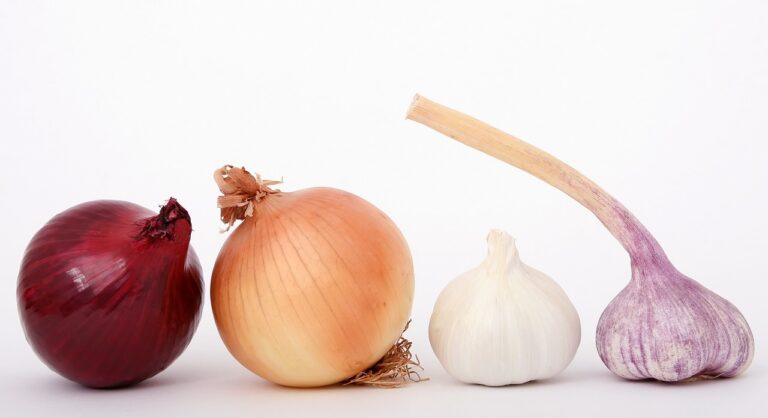Sustainable Agriculture Practices: Promoting Soil Health and Biodiversity
Soil health plays a critical role in the success of agricultural practices across the globe. A healthy and fertile soil provides essential nutrients to crops, supports root systems, and helps regulate water supply. Additionally, a balanced soil ecosystem contributes to the overall resilience of plants against pests and diseases.
Moreover, soil health is directly linked to the quality and quantity of the crops produced. Nutrient-rich soil fosters vigorous plant growth, leading to higher yields and better quality agricultural products. Farmers who prioritize soil health through sustainable practices often experience increased productivity and more sustainable farming operations in the long run.
Challenges Faced by Soil Health in Modern Agriculture
Soil health in modern agriculture faces a myriad of challenges that threaten the sustainability of farming practices. One of the primary issues is the overuse of chemical fertilizers and pesticides, which can lead to soil degradation and resulting in loss of essential microorganisms that are crucial for soil fertility. Additionally, soil erosion caused by factors such as intensive tilling, improper irrigation practices, and deforestation further exacerbate the degradation of soil health. These factors not only reduce the soil’s ability to retain water and nutrients but also increase the risk of landslides and desertification.
Another significant challenge to soil health in modern agriculture is the loss of organic matter in the soil. Continuous monocropping and the lack of crop rotation lead to a depletion of organic matter, which is essential for maintaining soil structure and fertility. Moreover, industrial farming practices often involve the removal of crop residues, further reducing the organic content in the soil. As a result, soil becomes compacted, loses its ability to support plant growth, and becomes more susceptible to erosion and nutrient runoff. The depletion of organic matter poses a serious threat to the long-term productivity and sustainability of agricultural lands.
Overuse of chemical fertilizers and pesticides
Soil degradation leading to loss of essential microorganisms
Soil erosion from intensive tilling, improper irrigation, and deforestation
Reduced soil water and nutrient retention, increased risk of landslides and desertification
Loss of organic matter in the soil
Continuous monocropping and lack of crop rotation deplete organic matter
Industrial farming practices remove crop residues, further reducing organic content
Compacted soil loses ability to support plant growth, becomes susceptible to erosion and nutrient runoff
Methods to Improve Soil Health
To enhance soil health, farmers can implement crop rotation practices. By alternating the types of crops grown in a particular field each season, the soil can maintain a balance of nutrients and reduce the buildup of pests and diseases associated with monoculture. Additionally, cover cropping can be beneficial in improving soil health. Planting cover crops like legumes or grasses during fallow periods helps prevent soil erosion, suppress weeds, and enhance soil structure by adding organic matter.
Furthermore, practicing conservation tillage methods can contribute to improving soil health. Reduced tillage or no-till farming techniques help maintain soil structure and reduce soil compaction, promoting better water retention and aeration. In conjunction with these methods, applying organic fertilizers and compost can also aid in restoring soil nutrients and fostering a healthy soil ecosystem.
Why is soil health important in agriculture?
Soil health is important in agriculture because it directly affects crop productivity, water quality, nutrient cycling, and overall ecosystem health.
What are some challenges faced by soil health in modern agriculture?
Some challenges faced by soil health in modern agriculture include soil erosion, nutrient depletion, compaction, and contamination from pesticides and fertilizers.
What are some methods to improve soil health?
Some methods to improve soil health include practicing crop rotation, using cover crops, reducing tillage, applying organic matter, and promoting biodiversity in the soil.







